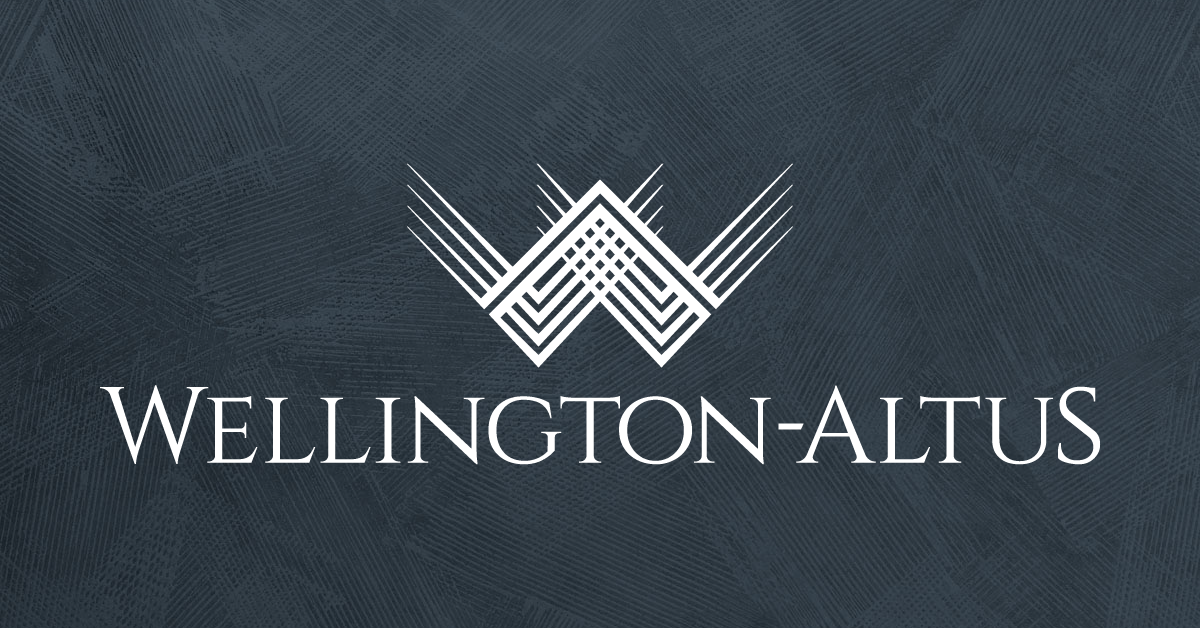Canadians have historically relied upon employer-sponsored pension plans, government benefits and their own assets—including rising real estate prices—to cover their financial needs in retirement. But as the economic and retirement landscape changes, Canadians should consider the following points as they prepare for their retirement years:
Start with a plan. A retirement projection is a great way to know if you are on track. It considers your assets earmarked for retirement and reconciles all your projected sources of income and cash flow with your projected lifestyle expenses and income taxes payable every year during retirement. What can you learn from a retirement projection?
- A series of cash surpluses indicates your projected goals will be met and then some.
- A series of cash deficits indicates that action is required. You may have to adjust your retirement lifestyle goals or defer your planned retirement date. In this case, a retirement projection will suggest additional savings targets to help you meet your goals.
Practical tips:
- Obtain current information about all your assets, in particular your retirement accounts and sources of income and cash flow. Out of date information will produce inaccurate results.
- Request a Statement of CPP Contributions from your My Service Canada Account that shows a history of all your contributions and your projected CPP retirement pension at age 65. If you made contributions to the Quebec Pension Plan, contact Retraite Quebec for a similar statement.
- If you are enrolled in an employer pension plan, request a current statement from your plan administrator. Become familiar with your pension options in advance of retirement.
- S. taxpayers should include any U.S. retirement accounts or benefits. Login to your social security account https://www.ssa.gov/myaccount/ to obtain an estimate of future social security retirement and other benefits.
Examine your expenses.
As you prepare to leave the workforce and live off your retirement assets and income, it’s important to have a good understanding of your spending habits. Look at everyday expenses such as food (groceries, restaurants), clothing and housing (rent, property taxes, utilities, insurance), as well as discretionary expenses such as vacations, club memberships and hobbies.
Practical tips:
- Balance your chequebook and reconcile your credit card expenditures for a year. Consider using cash flow management software such as Mint, YNAB (You Need A Budget) or Quicken to track and calculate your lifestyle expenses. Budgeting can reveal interesting patterns about your spending habits!
Understand how your retirement income will be taxed.
One important goal of retirement planning is to reduce your income tax bill. To accomplish this, plan the optimal timing and amount of cash flow and income you’ll receive from your assets. For example, you can opt to receive reduced Canada Pension Plan retirement benefits as early as age 60, or enhanced benefits as late as 70. The amount you choose to receive to supplement your other sources of income will impact your overall tax profile. Consider the (potential) cost of long-term care. A 2018 report from Statistics Canada indicated that almost one-quarter of Canadian seniors are caregivers. If your health deteriorates, you may require assistance performing basic daily activities such as toileting and feeding. Government funding for long-term care is limited, and programs can be difficult to navigate. You may save some money if a loved one is willing and able to provide care. Otherwise, Canadians are left to cover the full cost of long-term care, which may include a part-time nurse, rehabilitation or 24/7 private care.
Plan your corporate strategy.
Small businesses comprised 98.1% of all employer businesses in Canada in 2021.i Many Canadians save assets inside their corporations or rely on the sale of their business to provide for their retirement. Integrating these assets into an overall retirement picture, however, adds complexity. A wealth plan can identify opportunities to reduce or defer taxes such as accessing the Lifetime Capital Gains Exemption on the sale of qualified shares, positioning investment assets to only generate needed cash flow, and timing dividend payments to avoid Old Age Security (OAS) pension recovery tax (claw back). Protect your wealth. Your early death or disability (or your spouse’s) could negatively affect your family’s financial security, forcing your loved ones to tap into retirement savings to pay for day-to-day expenses and medical bills earlier than intended. Consider life insurance to cover liabilities such as debt or lost income, or disability insurance to protect your ability to earn a living. If you or your spouse were to pass away or become permanently disabled today, would your loved ones be financially secure?
Key Retirement Facts
- 18% of the Canadian population is 65+, a percentage expected to be 22% by
- Canadians contributed $50 billion to RRSPs in 2020, 13% more than the previous year.
- “Running out of money before dying” and “not being able to pay long-term care” are the top financial concerns for Canadians, according to FP Canada.
The Risks That Come with Aging
- Falls cause 87% of injury-related hospitalization for Canadian seniors, 95% of hip fractures and cost over $5 billion per year.
- 6.7% of seniors ages 65+ were living with dementia in 2026-17.
- Elder abuse affects about 7.5% of seniors.
Sources: Statistics Canada and Health Canada

